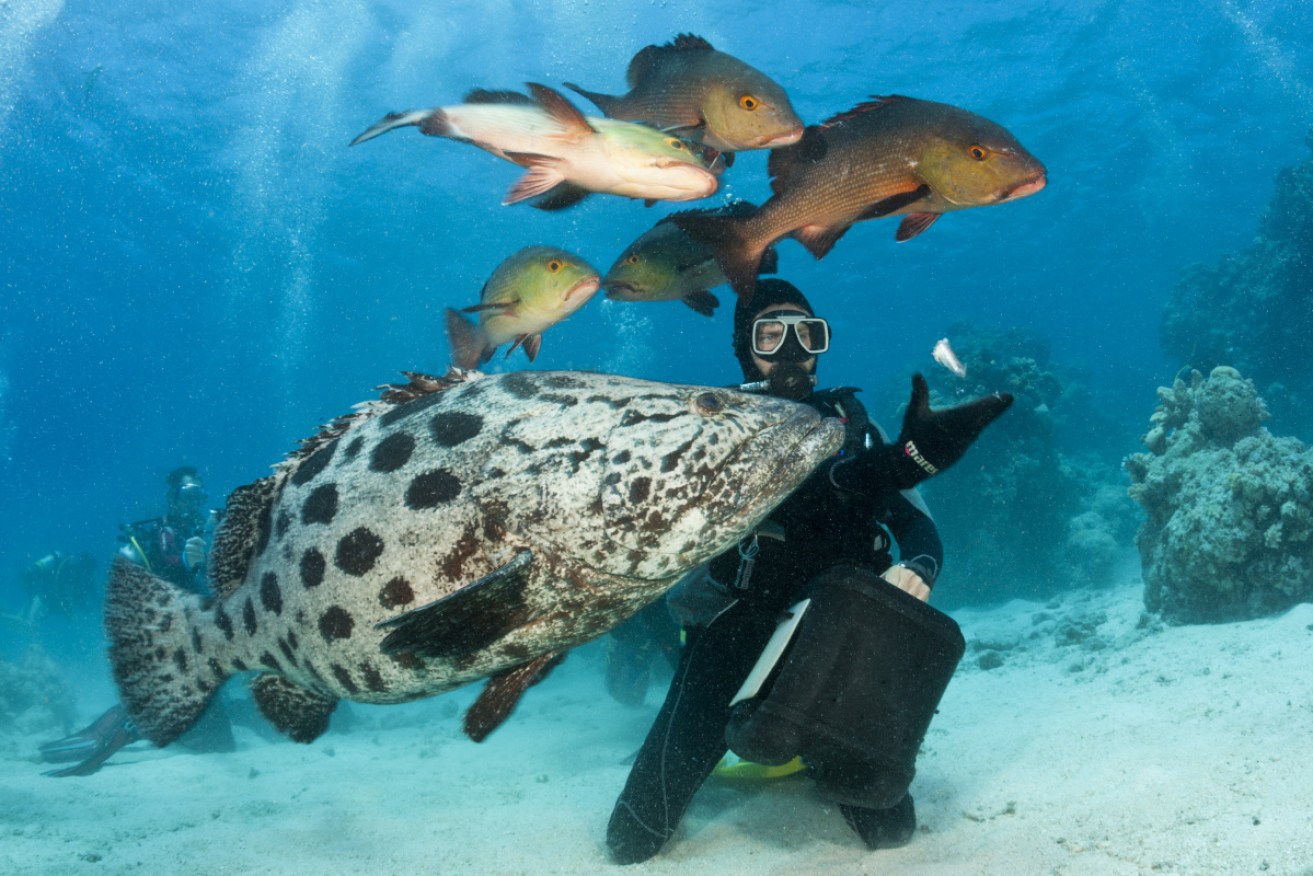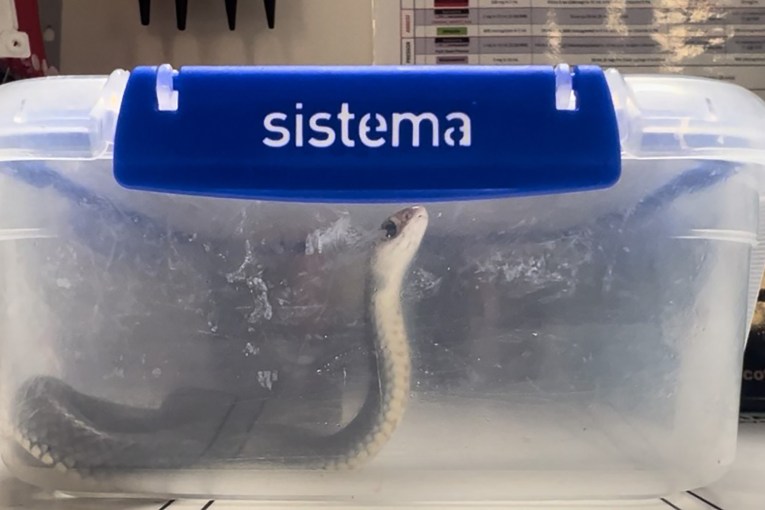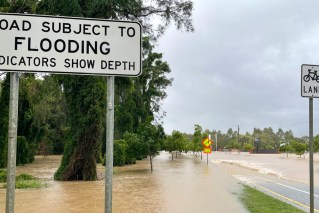Great Barrier Reef long-term outlook ‘very poor’: Report

Scientists have welcomed the funding boost, but question its timing and whether it is enough. Photo: Getty
For the first time, the long-term outlook for the Great Barrier Reef has been downgraded from “poor” to “very poor” by the federal government’s five-year reef report.
The evidence-based report is written by the Great Barrier Reef Marine Park Authority, and reviewed and released by the federal Environment Minister.
The report said climate change is escalating and is the most significant threat to the Great Barrier Reef’s long-term outlook.
“The scientific evidence is clear: Initiatives that will halt and reverse the effects of climate change at a global level and effectively improve water quality at a regional scale are the most urgent to improve the long-term outlook,” it said.
According to the report, “without additional local, national and global action on the greatest threats, the overall outlook for the Great Barrier Reef’s ecosystem will remain very poor, with continuing consequences for its heritage values also”.
The downgraded outlook status comes after back-to-back coral bleaching events, cyclones and record-breaking warm water – particularly affecting the northern part of the reef, which had previously been considered to be pristine.
“Cumulative pressures, predominantly from climate change, combined with the time required for the recovery of key habitats, species and ecosystem processes, have caused the continued deterioration of the overall health of the Great Barrier Reef,” GBRMPA chairman Ian Poiner said.
“Even with the recent management initiatives to reduce threats and improve resilience, the overall outlook for the Great Barrier Reef is very poor.”
Great Barrier Reef Marine Park Authority chief scientist Dr David Wachenfeld said everything possible should be done to create recovery windows.
“Gradual sea temperature increase and extremes, such as marine heat waves, are the most immediate threats to the reef as a whole and pose the highest risk,” he said.
“Global action on climate change is critical.”
The report said that the window of opportunity to improve the Great Barrier Reef’s long-term future was now, and strong and effective management were needed.
Sea temperature extremes caused successive mass bleaching events in 2016 and 2017, which led to unprecedented and widespread coral loss and flow on effects to fish and invertebrate communities.
“Mitigating threats like climate change and poor water quality, coupled with resilience-based management, are essential to boosting Reef health so it can recover,” Dr Wachenfeld said.
According to the report, 50 per cent of the reef has been exposed to destructive waves from six tropical cyclones since 2014.
As an example, six reefs were surveyed following Cyclone Debbie in 2017.
They showed an average of 70 per cent loss of coral cover at two metres, and 64 per cent loss at depths of five metres.
In some areas, the loss was as high as 98 per cent.

The reef is suffering from the effects of escalating climate change. Photo: Getty
Impacts on tourism and World Heritage listing
The report said while the reef’s value as a World Heritage Area remained “intact”, its integrity is now “challenged and deteriorating”.
“Given the global scale of human-induced climate change, the size of the property is becoming a less effective buffer to broadscale and cumulative impacts,” the report said.
A condensed version of the report will be provided to the United Nations in December, so it can determine if the reef’s health has improved enough since 2014 in order to retain its cultural heritage status.
The research notes major changes to the condition of the ecosystem will have social and economic implications for regional communities, because commercial marine tourism and fishing depend heavily on a functioning, resilient ecosystem.
“As reef waters continue to heat, coral reefs will become less diverse than a decade ago, and the fishes seen while snorkelling and caught while fishing, will also change,” the report said.
“Reef-dependent users need to prepare for this change.”







